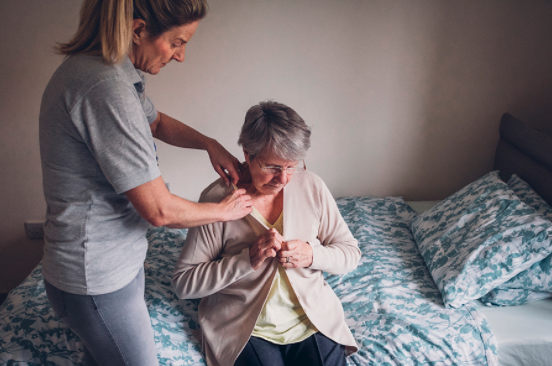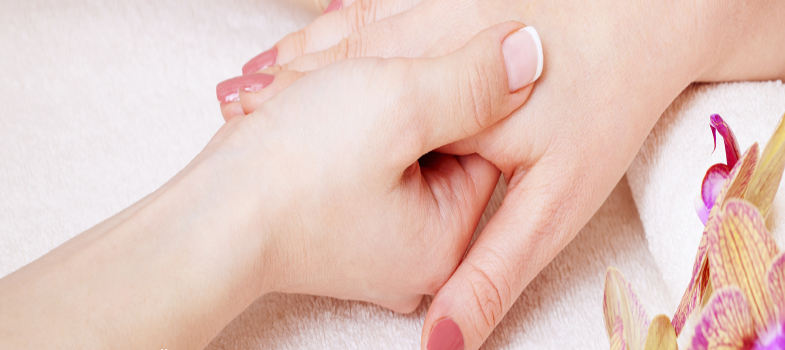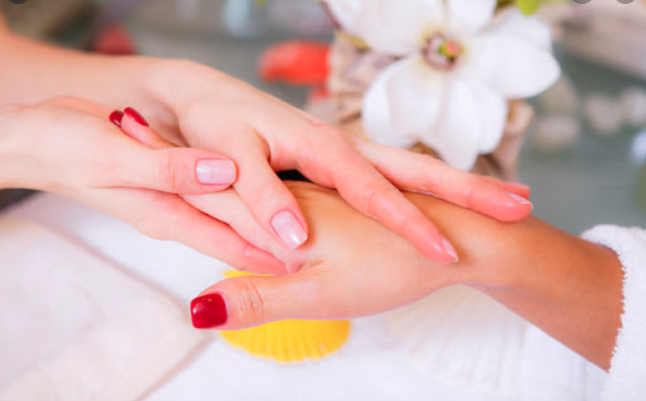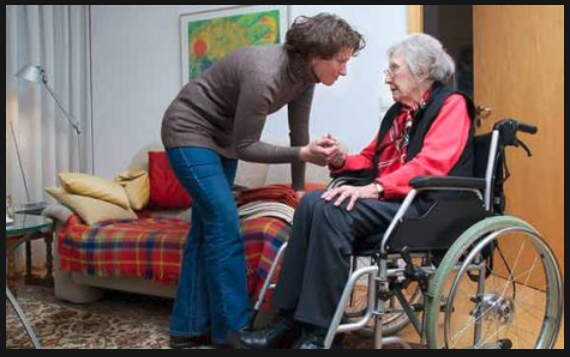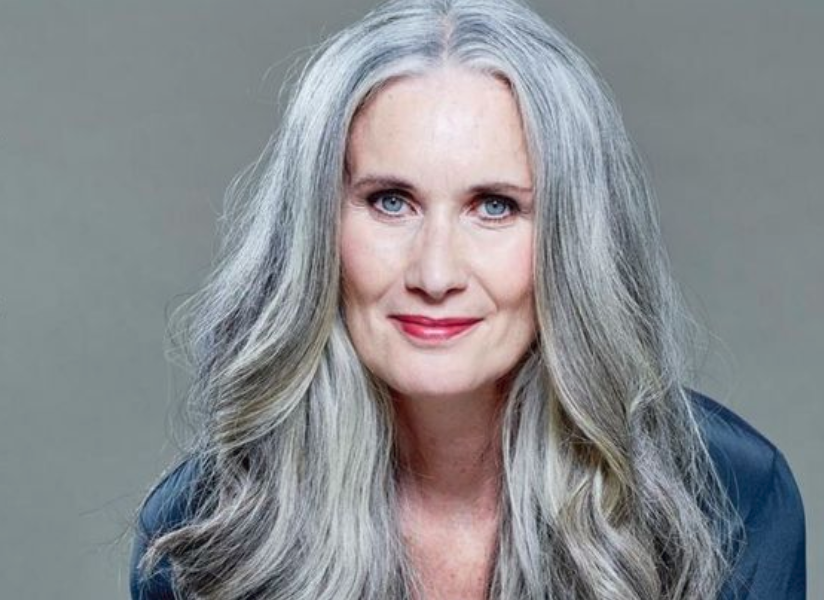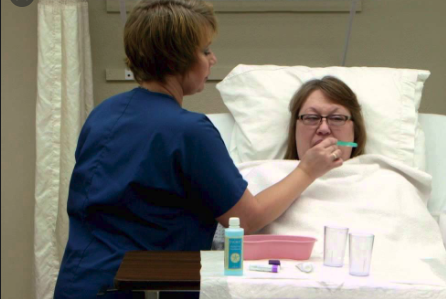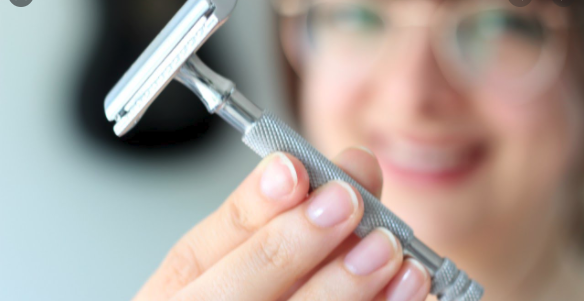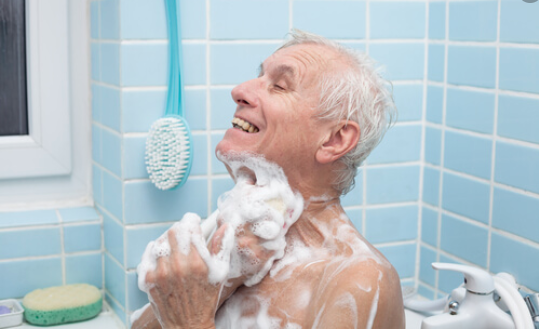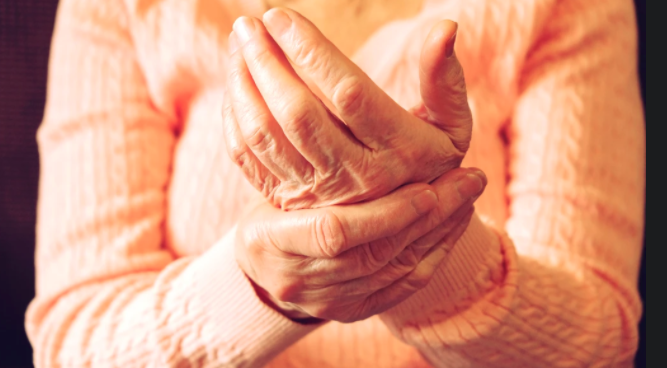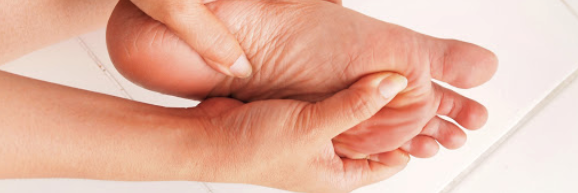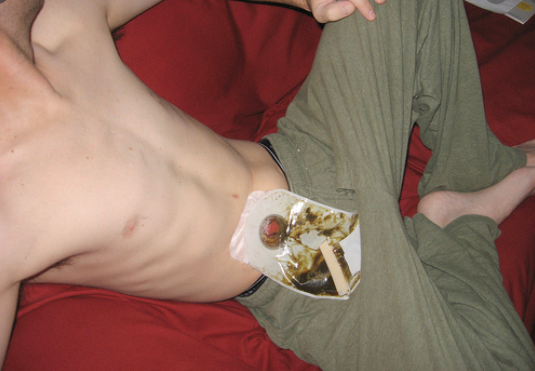The provision of personal care is a deeply important part of the nurse aide's role as an allied healthcare worker. Personal care is the term used to describe the variety of direct care tasks that are done to maintain a patient's personal hygiene, cleanliness and appearance. Although this list is not all-inclusive, the tasks that fall into the realm of personal care include the following (Helping Hands, 2020):
- Bathing and showering
- Skin care, including application of lotions and creams
- Dressing and preparation for bed
- Oral hygiene, also known as mouth care
- Hair care
- Shaving assistance
- Foot care
- Toileting
- Perineal care and cleansing intimate areas
- Positioning in bed for mobility and bedsore prevention
- Changing or maintaining an ostomy or catheter bag
Personal care is an essential aspect of patient care and infection prevention. This is because the multitude of personal care skills serve the very important purpose of keeping patients' bodies clean. For instance, oral care reduces the number of pathogenic germs in the mouth, and foot care reduces the microbial count on the feet. When personal hygiene activities are performed on a routine basis, there is a notable reduction in the number of disease-causing germs on the body. Lower germ counts on patients' bodies lessen the likelihood of infections.
In addition, personal care is a significant contributor to physical and mental well-being since most patients feel invigorated after a shower or changing positions in bed. Furthermore, personal care routines enable the nurse aide to have the opportunity to form therapeutic bonds with patients that benefit both parties in a truly meaningful manner. During the provision of personal care tasks, the nurse aide also has the golden opportunity to closely inspect patients' bodies and observe for any noteworthy changes in condition.
The responsibility for providing opportunities to accomplish personal care usually falls upon the members of the nursing department at most facilities such as hospitals and nursing homes. Generally, nurse aides are the members of the healthcare team that tend to deliver the vast majority of personal care due to the massive amounts of time they spend with patients. Always remember that the 'N' in nurse aide stands for 'nurse'! Therefore, the nurse aide is an integral part of the nursing department at most healthcare organizations.
Patients' personal care routines and hygienic practices are often influenced by factors such as age and culture. For instance, a 95-year-old man who lived in abject poverty during the Great Depression era in the Midwestern United States might prefer to take only two baths per week because he was raised in a household that had no running water. Likewise, a patient may come from a culture that considers it acceptable to not wear deodorant. Even though most cultures value personal hygiene, it means differing "things throughout the world" (Montoya, 2017).
